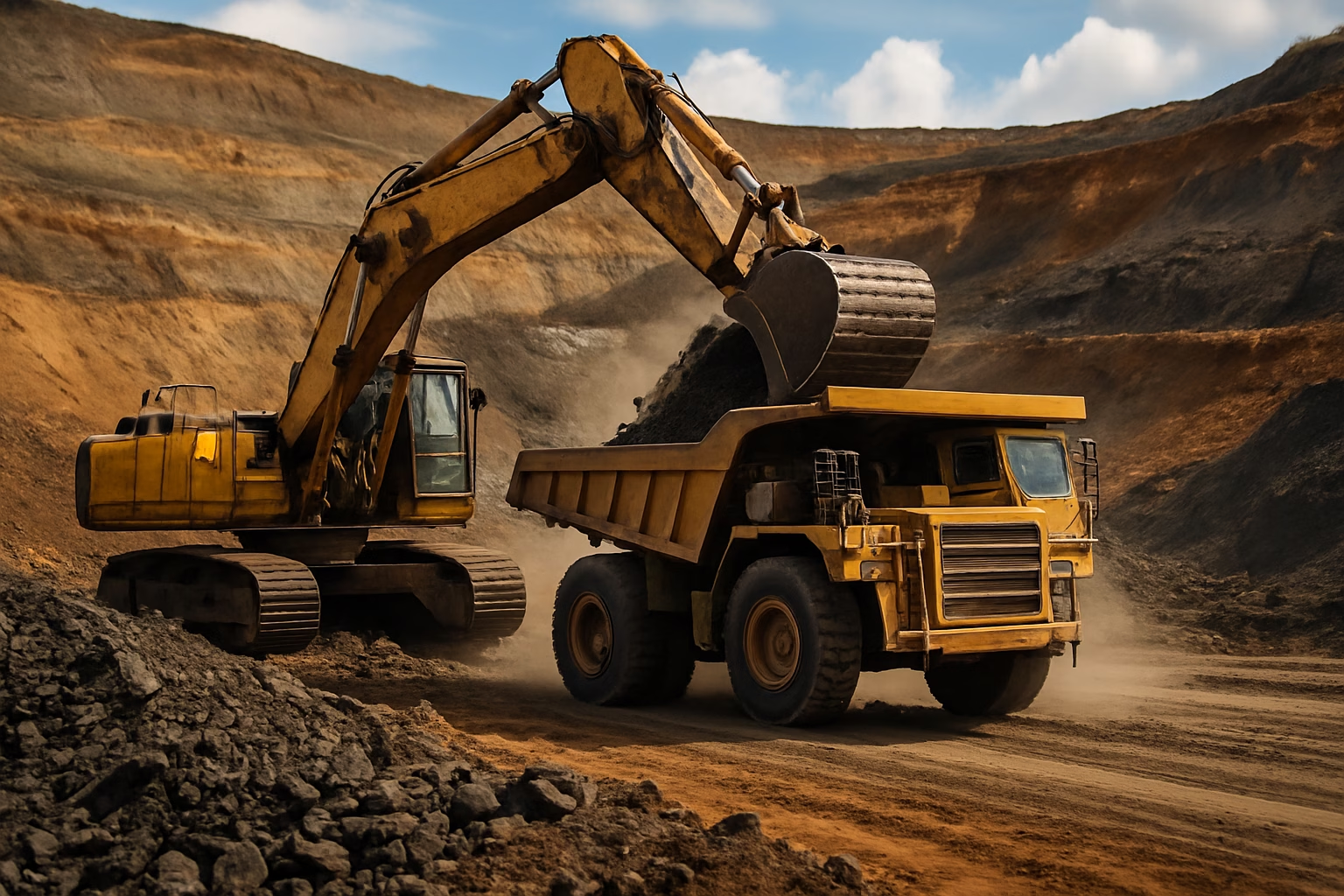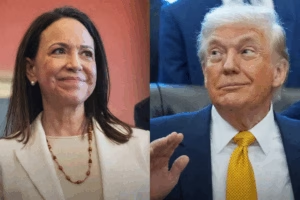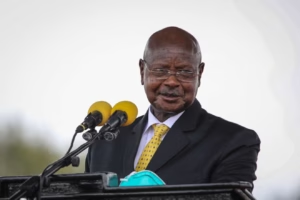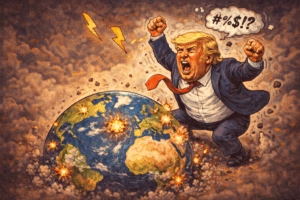A spokesperson from the Ministry of Commerce (MOFCOM) reaffirmed that “China’s announcement of export control measures on rare earths and related items is a legitimate action by the Chinese government to refine its export control system in accordance with laws and regulations.”
This statement came in response to inquiries about the government’s decision to impose new export controls on a selection of rare earth materials.
China’s decision, announced on Thursday, underscores what officials describe as an effort to ensure lawful, transparent, and fair regulation of resources that have critical industrial and military applications. The move has drawn international attention given China’s position as the world’s dominant supplier of rare earth elements used in electronics, renewable energy technology, and defence manufacturing.
Strategic Materials In A Volatile Global Environment
Amid increasing global instability and persistent armed conflicts, Beijing emphasised that the decision reflects its responsibility as a major power. The MOFCOM representative said China has taken note of “the important uses of medium and heavy rare earths and related items in the military field.”
China insists that the export controls are intended to support peace and stability, as well as to fulfil its non-proliferation obligations.
Officials maintained that the measures are in line with the broader goal of protecting global security rather than restricting trade unfairly. According to the spokesperson, China’s approach aims to ensure that strategic materials are not diverted toward military escalation or the violation of international treaties.
Clarifying That Export Controls Are Not Bans
The ministry has repeatedly sought to differentiate between export controls and outright bans. The spokesperson stressed,
The government insists that companies meeting compliance requirements can still obtain export licences. These assurances appear aimed at easing concerns among global partners who rely heavily on Chinese rare earths for technology and manufacturing.
Responsible Implementation And Global Cooperation
Responding to questions about the implementation process, the spokesperson reiterated Beijing’s commitment to acting responsibly and transparently.
Officials added that before finalising the new rules, Beijing conducted an extensive assessment of their potential effects on global industrial and supply chains. The conclusion, they said, was that “the related impact is very limited.”
To avoid disruption, China engaged with trading partners through established export control dialogue mechanisms. The government maintains that this approach demonstrates openness and a willingness to cooperate, even while protecting national interests.
Promoting Legitimate Trade And Peaceful Development
Looking ahead, the ministry outlined plans to streamline the licensing process for exporters that comply with Chinese and international regulations. The statement explained that the government will continue to “conduct reviews in accordance with laws and regulations, grant licenses to eligible applications, as well as actively consider the applicability of facilitation measures such as general licenses and license exemptions to effectively promote legitimate trade.”
Reaffirming the country’s stance, the spokesperson concluded,
China’s position reflects a growing effort to balance its domestic security interests with global expectations of stable trade and transparent regulation. While some international observers view the new measures as a strategic signal amid shifting geopolitical tensions, Chinese officials present them as a measured step toward responsible resource governance.

















